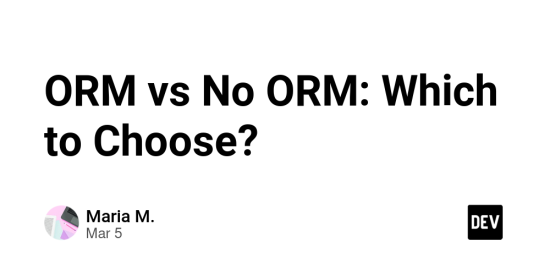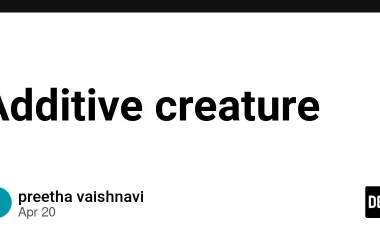ORM (Object-Relational Mapping)
Choose to use an ORM, like Sequelize, Django ORM, Hibernate, or Entity Framework if:
- You Need Rapid Development: ORM allows you to generate database code more efficiently.
- Your Data Is Structured and Relational: Perfect for applications with clearly defined data models.
- You Prefer to Focus on Business Logic: ORM handles database queries, letting you focus on the application.
- You’re Looking for Easy Maintenance: Updating data models is simpler, facilitating maintenance.
- You Want Database Portability: It makes switching between different database systems without altering the application code easier.
Ideal for: Business applications, inventory management, customer relationship management (CRM) systems, fast web applications.
No ORM (Pure SQL or Direct Queries)
Opt for not using an ORM and prefer pure SQL or direct queries if:
- You Require Total Control and Optimization: Direct database access allows for specific optimizations.
- Your Queries Are Highly Complex and Customized: Ideal when ORM abstractions limit your query capabilities.
- Performance Is Critical: In high-volume applications where every millisecond of latency counts.
- You Have an Experienced SQL Team: Who can handle complexities and optimize data access directly.
- You Need Maximum Flexibility in Data Handling: Especially in systems with non-traditional or highly dynamic data structures.
Perfect for: High-load systems like online games, financial applications, big data analysis, high-performance platforms.
In summary, choose an ORM if you’re looking for rapid development, easy maintenance, and portability between databases. Opt for pure SQL if you need total control, query optimization, and are working on high-performance projects with complex or dynamic data. The choice depends on your project’s needs, team skills, and performance goals.





